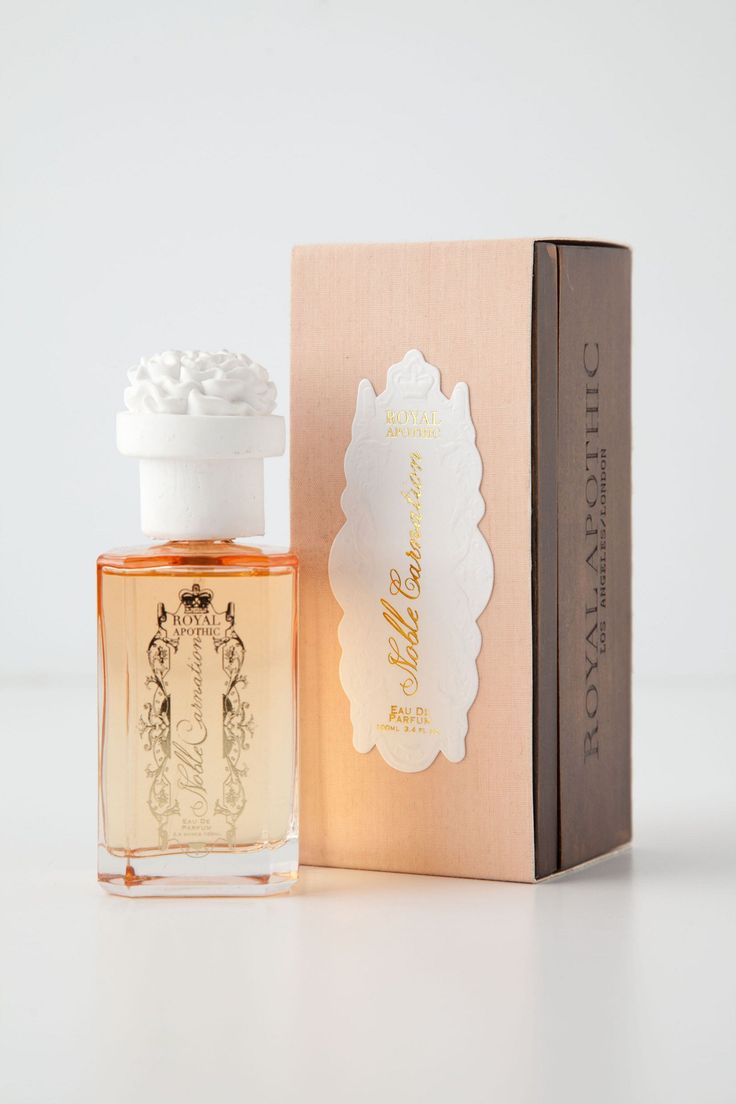This past Saturday, I found myself in an Anthropologie (that gorgeous place designed to derail all of your best financial intentions, amiright?). I was innocently exploring the dishware section when some “force beyond my control” drew me to one of the fragrance tables. Without any deliberation, I picked up one of the pretty little testers and sprayed the insides of my wrists. I didn’t even look at the brand! I only remember that the bottle was an amber color and said “Paris” something or other, but I didn’t even care. It smelled heavenly. No, I didn’t buy it. I made a sensible purchase of a mug (replacing one my cat knocked on the floor) and a pair of black jeans for my 10-Item Wardrobe.
You may be wondering then why I’m so worked up about my brief encounter with a mystery perfume. My relationship to fragrance is somewhat wrought. My mother is allergic to artificial fragrance—and even some heady flowers. When I was growing up, we used un-scented everything (which, ultimately, was probably best for everyone’s health). In high school, I was allowed to wear scented lotions when out of the house, but sometimes a lingering scent would trigger my mom’s cough, so I’d go wash it off. Once in college and living away from home, I wore perfume everyday. I used scented laundry detergent, scented body wash, nifty reed diffusers—suddenly there were so many ways to smell lovely!
This phase lasted for about four years. Once out of college, I started learning about holistic beauty and quickly realized that the synthetic perfume had to go! And for so many reasons—
1. Due to trade secret laws, The FDA does not regulate fragrance (a.k.a. “perfume” or “parfum”)—whether it appears in perfume itself or in a scented product. Therefore, companies don’t have to list the ingredients in their perfumes. From a business point of view, this makes sense. What if everyone knew the ingredients in Chanel No. 5? Some companies, like a soap manufacturer, for example, may outsource their fragrance ingredient and not even know the ingredients of that fragrance themselves.
2. Many conventional perfumes are tested on animals. Once I learned that Estée Lauder tests on animals, “Pleasures” didn’t smell so sweet anymore.
3. Any synthetic fragrance is likely to contain phthalates—ugly plasticizers that may contribute to a host of health problems including obesity, reproductive defects, and hormonal acne.
In fact, my relentless hormonal acne drove me to seek out natural options. Despite all of the mounting evidence against synthetic fragrance, however, it was hard to leave it behind. Don’t eat cheese anymore? Fine. Done. Don’t wear perfume? I still struggle—as evidenced by my casual spray fest at Anthropologie. In a period of about a year, I’d transitioned to eating a vegan diet and replaced 99% of my body products with healthier options. But I was still wearing perfume.
After my recent shopping adventure, I kept smelling my wrists—the smell was synthetic but amazing at the same time. I started wondering—what’s so bad about wearing synthetic fragrance as long as it’s cruelty-free? (I still have a bottle of Stella McCartney sitting in a drawer somewhere).
Truthfully, my attachment to perfume is driven by a sense of lack—a feeling of being incomplete without certain luxury fragrances. That’s the problem. Why should I allow myself to consume something unhealthy in order to “compensate” for that supposed lack? (The reason for this nebulous feeling of lack is probably a story for another day…)
We all have that one thing (or two) that’s so hard to let go of when we’re transitioning to a healthier lifestyle—and let me emphasize the element of transition. These things can take years. And that’s okay. For me, it’s important to remember why I’m transitioning in the first place: There is a kinder, more mindful “me” inside. By making stronger choices, I’m giving her a louder voice.
Financial guru Kate Northrup recommends cherishing the abundance already present in your life for a healthier relationship to money. I think the idea of being in touch with the surrounding abundance can apply to my situation with perfume. If I consciously luxuriate in the sweet-smelling, all-natural rose toner I use and delight in the texture of coconut oil as I massage it into my legs, I’m probably less likely to feel that lack. Just as I refined my culinary tastes towards a plant-based diet to the point where I now crave only plant food, I can keep refining my olfactory preferences towards the all-natural until it’s too hard to ignore that synthetic element in conventional fragrance.
Fortunately, that process is already in the works. Here are a few of my favorite natural perfumes—apply with abandon.
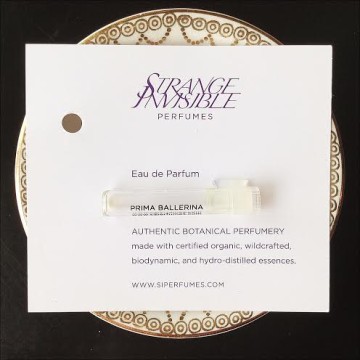
Strange Invisible Perfumes: Prima Ballerina Eau de Parfum
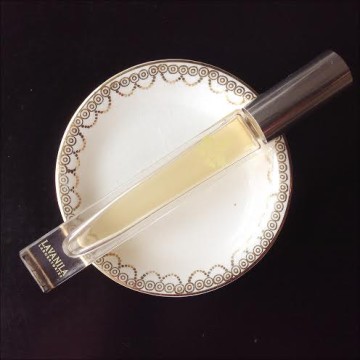
LaVanilla Laboratories: Pure Vanilla Roll-On
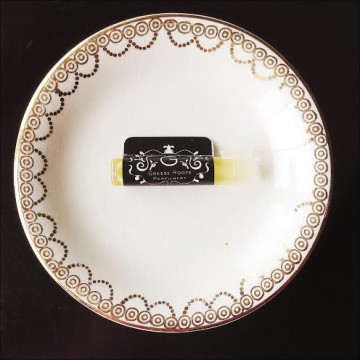
Grasse Roots Perfumery: Perfume Oils Sample Set
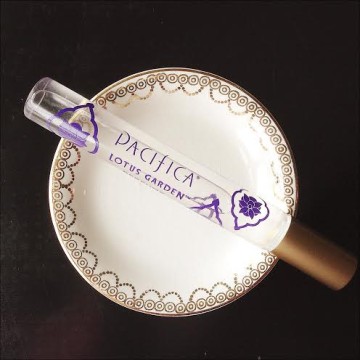
Pacifica Perfume: Lotus Garden Roll-On
Also in Natural Beauty: How to Make a DIY Perfect Eye Shadow Palette
__
Photos: Anthopologie, Mary Hood

